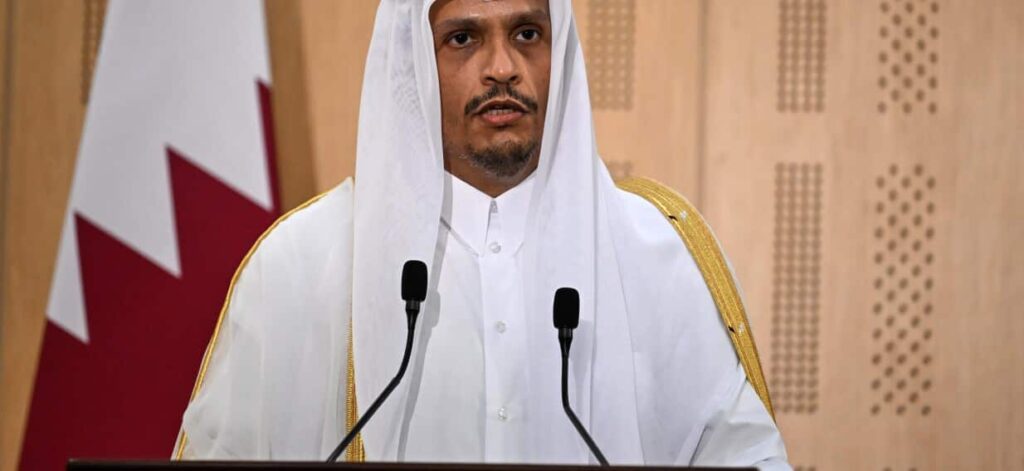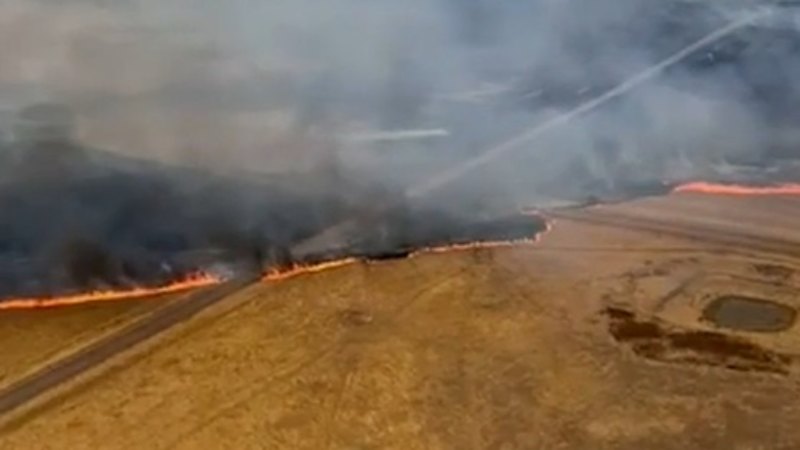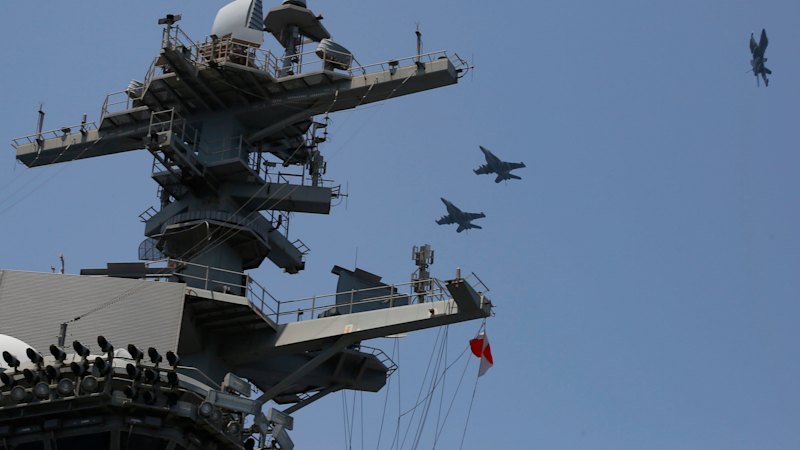
In a significant escalation of tensions, Qatari Prime Minister Sheikh Mohammed bin Abdulrahman Al Thani announced plans for a regional response following an Israeli air strike in Doha. The attack, which occurred on March 12, 2024, targeted Hamas leaders amid ongoing violence in the Middle East. Al Thani confirmed that discussions are ongoing with regional partners regarding the response, although he did not specify a timeline for any actions or meetings.
According to reports, the air strike aimed to eliminate key political figures of Hamas, occurring shortly after the group claimed responsibility for a deadly shooting that killed six people at a bus stop near Jerusalem. Israeli Prime Minister Benjamin Netanyahu defended the action, asserting it was necessary to combat terrorism, and threatened further measures against Qatar, a country that has been involved in mediation efforts for a ceasefire in the Gaza Strip.
International Reactions and Diplomatic Developments
The Israeli strike has drawn widespread condemnation, particularly as it complicates ongoing negotiations for a ceasefire in Gaza. Netanyahu stated, “I say to Qatar and all nations who harbour terrorists, you either expel them or you bring them to justice. Because if you don’t, we will.” Following the air strike, an Israeli official revealed that approximately ten aircraft were used in the mission, which deployed around ten missiles.
In a further indication of regional solidarity with Qatar, notable leaders from various Arab nations are making diplomatic visits. Sheikh Mohammed bin Zayed Al Nahyan, President of the United Arab Emirates, arrived in Doha on March 13, while Crown Prince Hussein of Jordan is expected to visit the same day. Additionally, Crown Prince Mohammed bin Salman of Saudi Arabia is slated to arrive on March 14. These visits signify a collective response to the Israeli actions.
Hamas reported that five of its members, including the son of top negotiator Khalil al-Hayya, were killed in the air strike, although it claimed that other senior leaders survived. The group has stated its willingness to release all hostages if Israel agrees to cease military operations and withdraws from Gaza.
Implications for Peace Efforts
This air strike comes amid a backdrop of heightened military activity in the region, as Israel has issued warnings to Palestinians to evacuate Gaza City, where many remain. Residents are fleeing the area, fearing further attacks as Israel aims to dismantle Hamas’s operational capabilities. The European Commission has also announced plans to sanction ultranationalist Israeli ministers in response to the violence, indicating a potential shift in international relations concerning Israel.
Experts have expressed concern that the Israeli air strike on Doha could severely undermine prospects for a ceasefire in Gaza. As families continue to leave the city, many carry their belongings on vehicles and carts in search of safety. The situation remains fluid, with ongoing diplomatic efforts crucial to de-escalate tensions in the region.
While the international community watches closely, the upcoming discussions between Gulf nations may shape the future of diplomatic relations and efforts to restore stability in the Middle East.






